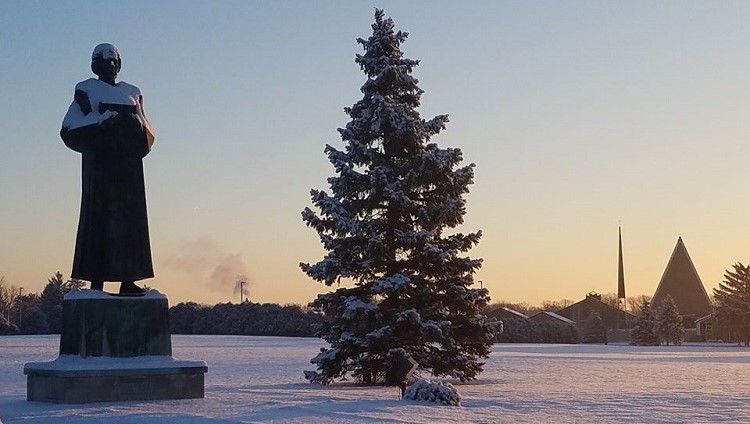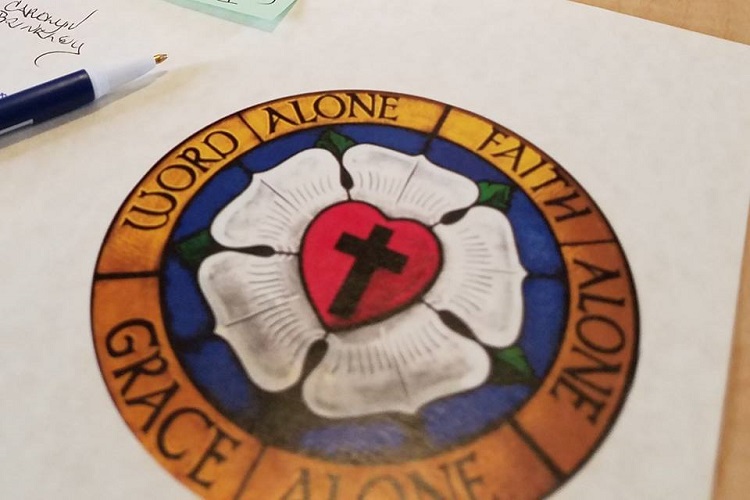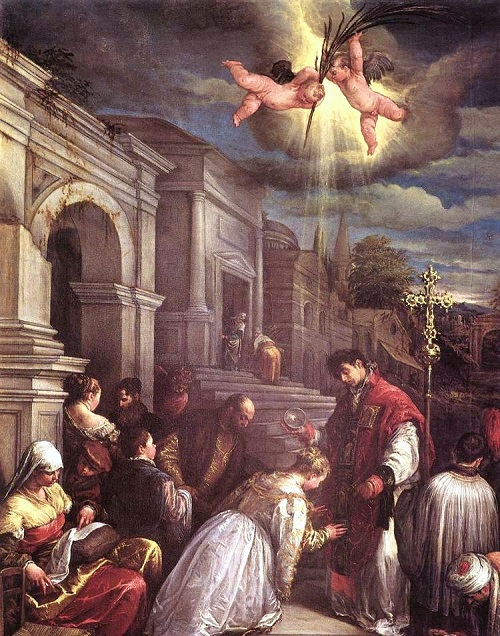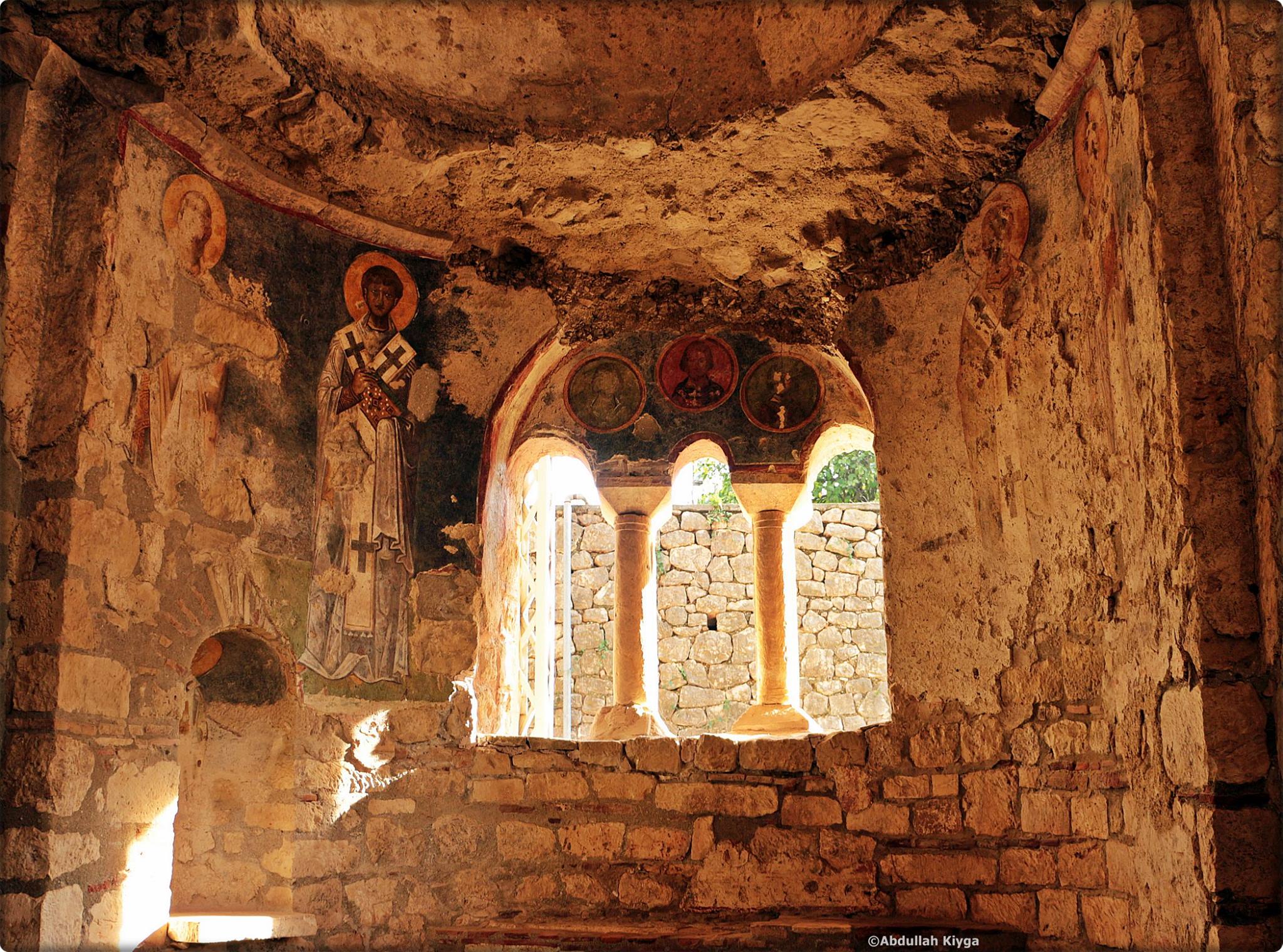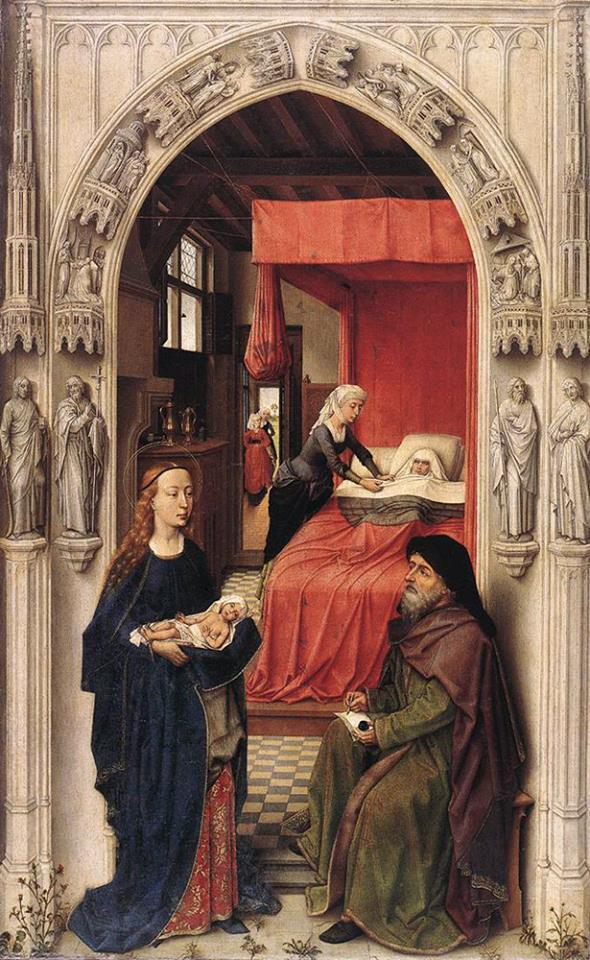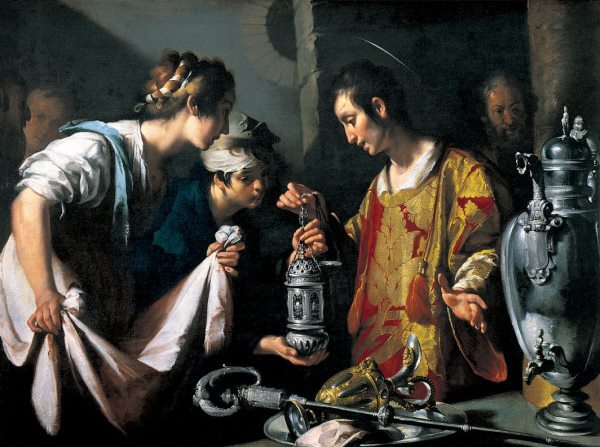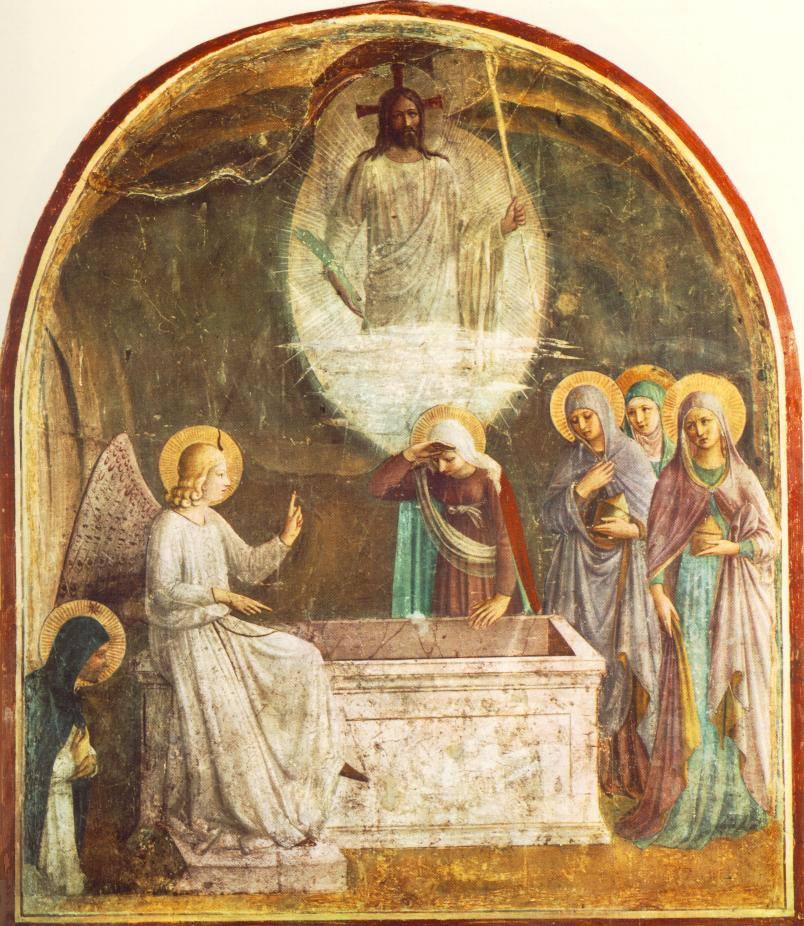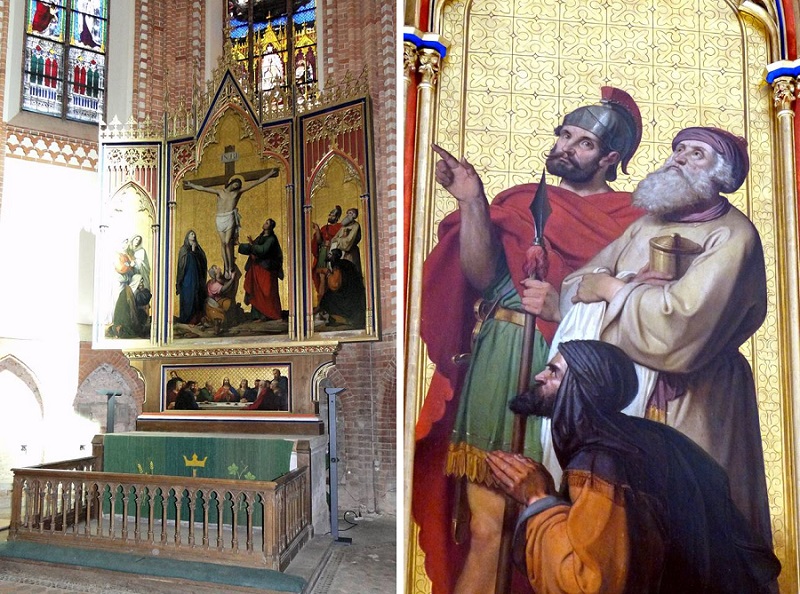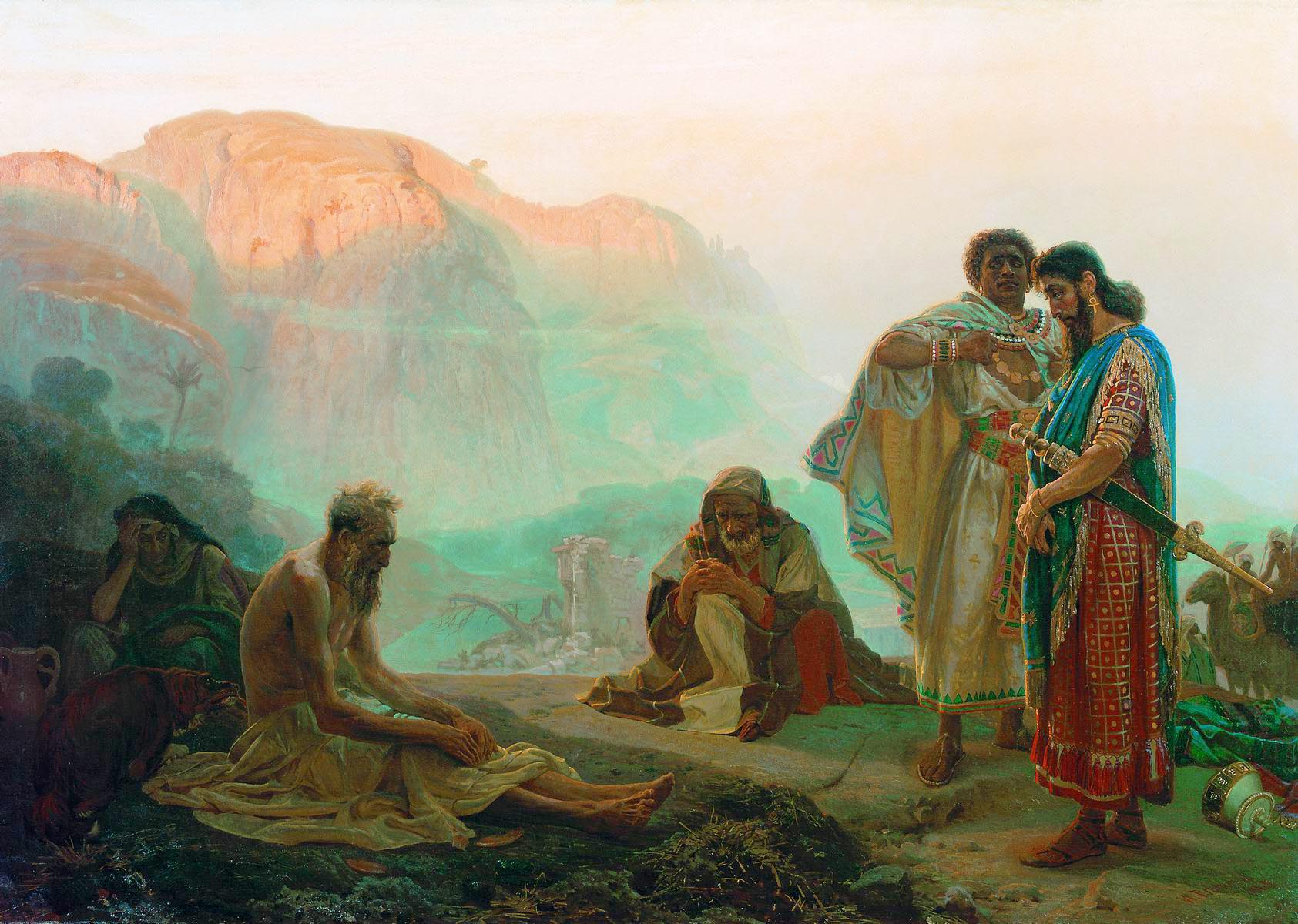
There was a man in the land of Uz whose name was Job, and that man was blameless and upright, one who feared God and turned away from evil. There were born to him seven sons and three daughters. He possessed 7,000 sheep, 3,000 camels, 500 yoke of oxen, and 500 female donkeys, and very many servants, so that this man was the greatest of all the people of the east. His sons used to go and hold a feast in the house of each one on his day, and they would send and invite their three sisters to eat and drink with them. And when the days of the feast had run their course, Job would send and consecrate them, and he would rise early in the morning and offer burnt offerings according to the number of them all. For Job said, “It may be that my children have sinned, and cursed God in their hearts.” Thus Job did continually.
Now there was a day when the sons of God came to present themselves before the Lord, and Satan also came among them. The Lord said to Satan, “From where have you come?” Satan answered the Lord and said, “From going to and fro on the earth, and from walking up and down on it.” And the Lord said to Satan, “Have you considered my servant Job, that there is none like him on the earth, a blameless and upright man, who fears God and turns away from evil?” Then Satan answered the Lord and said, “Does Job fear God for no reason? Have you not put a hedge around him and his house and all that he has, on every side? You have blessed the work of his hands, and his possessions have increased in the land. But stretch out your hand and touch all that he has, and he will curse you to your face.” And the Lord said to Satan, “Behold, all that he has is in your hand. Only against him do not stretch out your hand.” So Satan went out from the presence of the Lord.
Now there was a day when his sons and daughters were eating and drinking wine in their oldest brother’s house, and there came a messenger to Job and said, “The oxen were plowing and the donkeys feeding beside them, and the Sabeans fell upon them and took them and struck down the servants with the edge of the sword, and I alone have escaped to tell you.” While he was yet speaking, there came another and said, “The fire of God fell from heaven and burned up the sheep and the servants and consumed them, and I alone have escaped to tell you.” While he was yet speaking, there came another and said, “The Chaldeans formed three groups and made a raid on the camels and took them and struck down the servants with the edge of the sword, and I alone have escaped to tell you.” While he was yet speaking, there came another and said, “Your sons and daughters were eating and drinking wine in their oldest brother’s house, and behold, a great wind came across the wilderness and struck the four corners of the house, and it fell upon the young people, and they are dead, and I alone have escaped to tell you.”
Then Job arose and tore his robe and shaved his head and fell on the ground and worshiped. And he said, “Naked I came from my mother’s womb, and naked shall I return. The Lord gave, and the Lord has taken away; blessed be the name of the Lord.”
In all this Job did not sin or charge God with wrong.
Job 1
“Oh that my words were written!
Oh that they were inscribed in a book!
Oh that with an iron pen and lead
they were engraved in the rock forever!
For I know that my Redeemer lives,
and at the last he will stand upon the earth.
And after my skin has been thus destroyed,
yet in my flesh I shall see God,
whom I shall see for myself,
and my eyes shall behold, and not another.
My heart faints within me!
Job 19:23-27
And Job again took up his discourse, and said:
“Oh, that I were as in the months of old,
as in the days when God watched over me,
when his lamp shone upon my head,
and by his light I walked through darkness,
as I was in my prime,
when the friendship of God was upon my tent,
when the Almighty was yet with me,
when my children were all around me,
when my steps were washed with butter,
and the rock poured out for me streams of oil!…
“And now my soul is poured out within me;
days of affliction have taken hold of me.
The night racks my bones,
and the pain that gnaws me takes no rest.
With great force my garment is disfigured;
it binds me about like the collar of my tunic.
God has cast me into the mire,
and I have become like dust and ashes.”
Job 29:1-6; 30:16-19
Then the Lord answered Job out of the whirlwind and said:
“Who is this that darkens counsel by words without knowledge?
Dress for action like a man;
I will question you, and you make it known to me.
“Where were you when I laid the foundation of the earth?
Tell me, if you have understanding.
Who determined its measurements—surely you know!
Or who stretched the line upon it?
On what were its bases sunk,
or who laid its cornerstone,
when the morning stars sang together
and all the sons of God shouted for joy?…
“Shall a faultfinder contend with the Almighty?
He who argues with God, let him answer it.”
Job 38:1-7; 40:2
Then Job answered the Lord and said:
“I know that you can do all things,
and that no purpose of yours can be thwarted.
‘Who is this that hides counsel without knowledge?’
Therefore I have uttered what I did not understand,
things too wonderful for me, which I did not know.
‘Hear, and I will speak;
I will question you, and you make it known to me.’
I had heard of you by the hearing of the ear,
but now my eye sees you;
therefore I despise myself,
and repent in dust and ashes.”
Job 42:1-6
And the Lord restored the fortunes of Job, when he had prayed for his friends. And the Lord gave Job twice as much as he had before. Then came to him all his brothers and sisters and all who had known him before, and ate bread with him in his house. And they showed him sympathy and comforted him for all the evil that the Lord had brought upon him. And each of them gave him a piece of money and a ring of gold.
And the Lord blessed the latter days of Job more than his beginning. And he had 14,000 sheep, 6,000 camels, 1,000 yoke of oxen, and 1,000 female donkeys. He had also seven sons and three daughters. And he called the name of the first daughter Jemimah, and the name of the second Keziah, and the name of the third Keren-happuch. And in all the land there were no women so beautiful as Job’s daughters. And their father gave them an inheritance among their brothers. And after this Job lived 140 years, and saw his sons, and his sons’ sons, four generations. And Job died, an old man, and full of days.
Job 42:10-17

